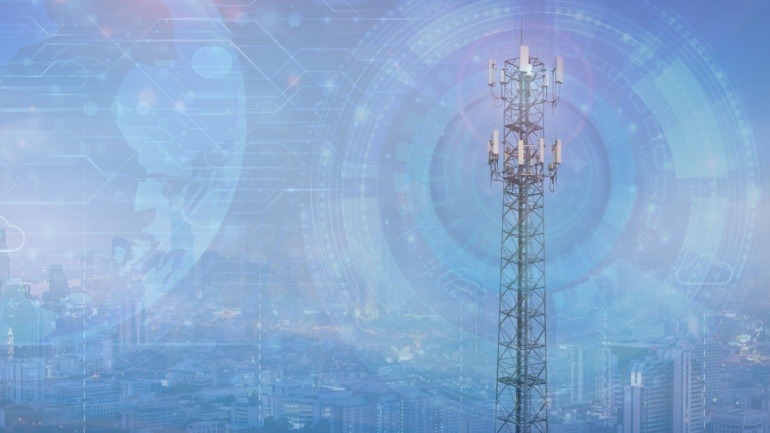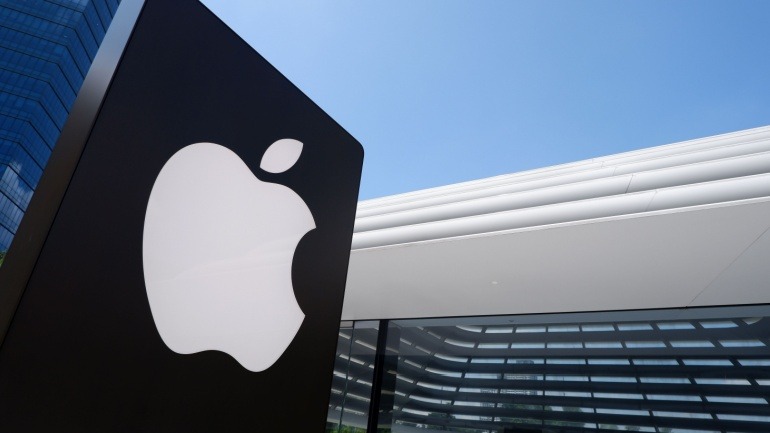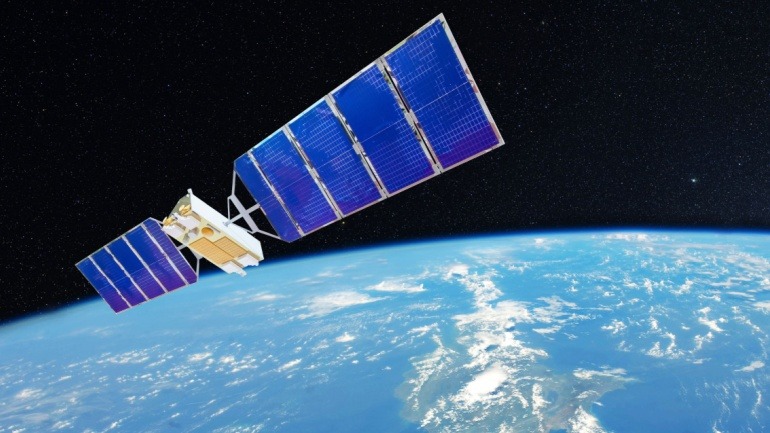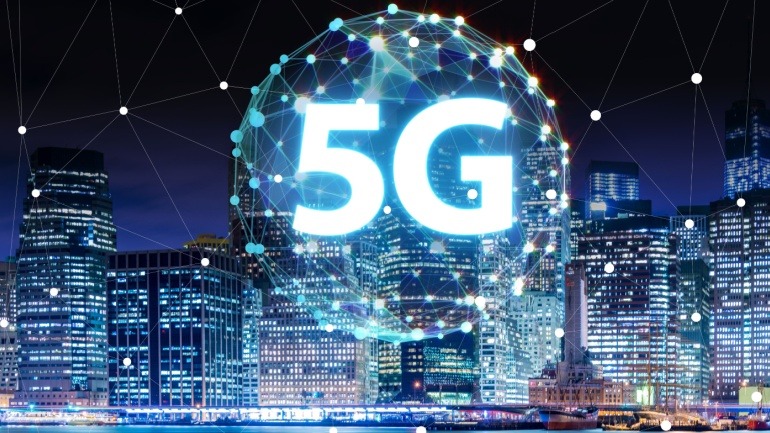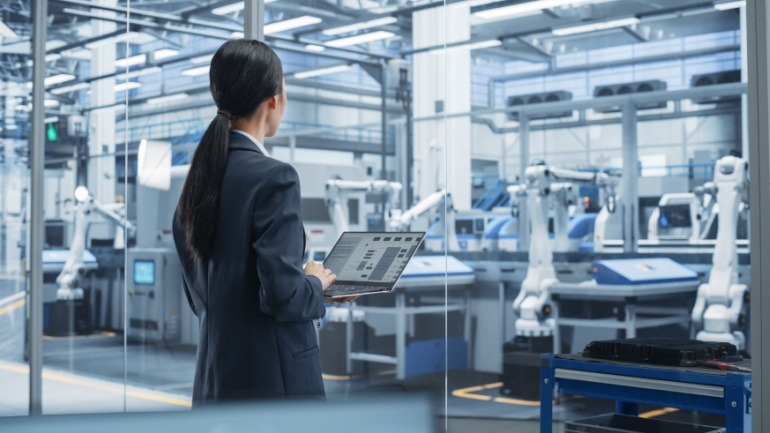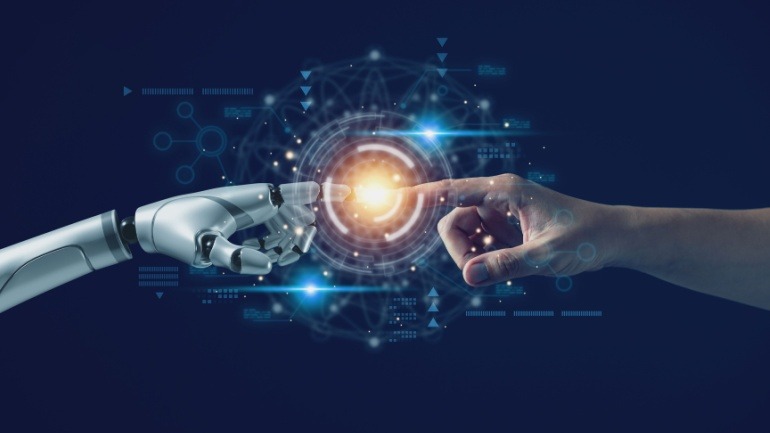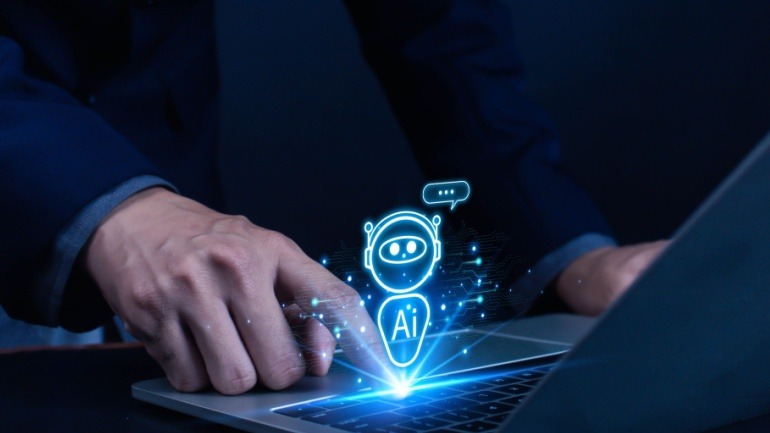The European Telecommunications Standards Institute (ETSI) is driving the future with its groundbreaking report on 6G networks. The focus on Integrated Sensing And Communications (ISAC) promises to revolutionize industries by blending communication with sensing technology.
Nvidia’s initiative to establish AI infrastructure in the US signals a pivotal shift in cutting-edge technology manufacturing, partnering with TSMC, Foxconn, and Wistron. By building AI chips and supercomputers, Nvidia positions itself at the forefront of the AI economy, promoting localized production.
Beijing’s ambitious plan for integrating 5G technology into daily life by 2027 promises revolutionary changes in sectors such as healthcare and education. The city aims for 100% 5G user penetration, with 75% of network traffic utilizing 5G.
AI and mobile technologies are set to add $2 trillion to China’s economy by 2030, making up 8.3% of its GDP, according to the GSMA. Driven by 5G and AI integration across industries, especially manufacturing.
In response to a significant tariff hike, Apple has flown five cargo planes of products from India to the U.S. to avoid steep new taxes. This costly decision reflects the urgency U.S. companies face amid trade tensions. As tariffs rise, consumers worry about price hikes, while tech firms like are grappling with increased costs.
Anatel has approved Starlink to launch 7,500 more satellites in Brazil, expanding its network. While boosting internet coverage, the decision raised regulatory concerns. Amid tensions with Brazilian authorities and global contract setbacks, Starlink also faces rising costs from U.S. import tariffs.
Siemens is pioneering a unique solution by selling segments of O2 Telefónica’s public 5G network to water utilities in Germany. By leveraging 5G network slicing, Siemens aims to enhance connectivity for geographically dispersed operations. This strategic move promises efficient, secure integration, vital for the sector’s AI-driven automation goals.
Hyundai’s $7.6B Metaplant in Georgia marks a leap in U.S. industrial innovation. As one of North America’s most advanced smart factories, it blends AI, robotics, and 5G to produce 500,000 electric and hybrid vehicles annually—creating 8,500 jobs by 2031 and strengthening Hyundai’s $41.5B commitment to U.S. manufacturing.
Siemens’ groundbreaking collaboration with Microsoft at Hannover Messe showcases a next-level industrial AI foundation, revolutionizing Industry 4.0. Leveraging vast production archives, this AI enhances automation and integrates digital systems like virtual PLCs. With applications already at Audi, Siemens leads in bridging the skilled labor gap and optimizing industrial processes.
NTT Data’s Agentic AI suite is set to revolutionize industries such as manufacturing, banking, and healthcare. By leveraging hyperscaler platforms like Azure AI, businesses can develop private AI agents to enhance operations.





